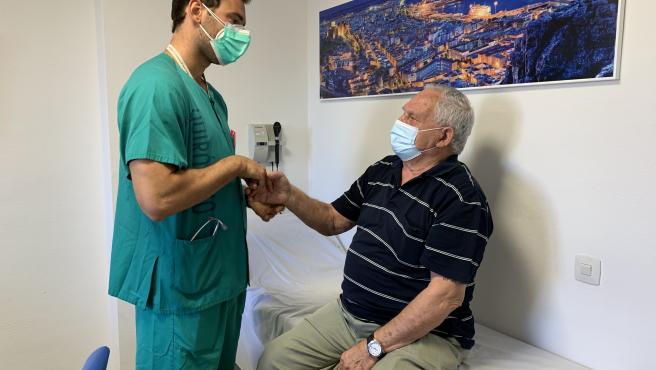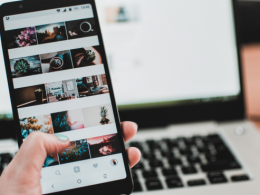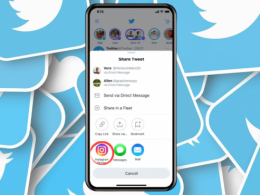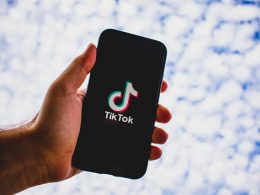Eight out of ten doctors (81.4%) consider that the excess of information about Covid-19 leads patients to doubt them, according to a survey of 353 doctors from all over Spain, 42% of whom are doctors of family.
This survey, which has been done online, has been prepared by the #SaludsinBulos and Doctoralia Institute and has had the collaboration of the Spanish Society of General and Family Physicians (SEMG), as reported this Tuesday at a press conference .
A woman receives a dose of a vaccine against covid-19, in Tegucigalpa (Honduras).
Carlos Mateos, coordinator of the #SaludsinBulos Institute, and doctors Marta Martínez del Valle, from the SEMG, and María Luisa Gómez Grande, intensivist doctor at the General Hospital of Ciudad Real, announced the results of the survey this Tuesday , collected in the IV Study of Hoaxes in Health-covid-19.
Patients should be trained to distinguish hoaxes
Most of the doctors consulted, 81.4% cited, have assured that the excess of information on the networks and on the Internet causes patients to doubt the professionals, a percentage that has increased compared to 2020 (73.3 %).
In fact, 81.6% of the patients seen by the consulted doctors look for information on the internet before going to the medical visit, a fact that worries doctors, since they consider that “the internet is not a secure source of information in health, and even less with the advance of the pandemic “.
Dr. Gómez Grande has reported that 95.2% of those consulted in the survey believe that patients should receive training to distinguish hoaxes from truthful health information , for which she has recommended that physicians share the information on the networks. information that the Ministry of Health or scientific societies offer on their web pages.
For her part, Dr. Marta Martínez del Valle has released a Guide against hoaxes in primary care, in which doctors are recommended to prescribe reliable websites , such as those already mentioned by the Ministry or scientific societies, which guide the patient in the consultation, be a reference for the patient on social networks, be part of the #SaludsinBulos network of experts and disseminate truthful and contrasted information.
73.7% of doctors spend time refuting health hoaxes
73.7% of the doctors consulted this year (64.5% in 2020) have affirmed that they spend time in their consultations to deny health hoaxes that come to them through their patients.
“The hoaxes generate a significant number of consultations, within a healthcare already collapsed. If we add to this the great care burden and the scarce number of human and material resources available to the doctor in his day to day, all this ends with have an impact on the health of patients, ” said Dr. Martínez del Valle.
According to the survey, hoaxes about Covid-19 have been “protagonists” in medical consultations throughout the year and its ease of transmission is a factor that decisively influences social networks and messaging applications such as WhatsApp.
The specialists consulted point out that false news circulates mainly through internet articles (39.9%) and is followed by hoaxes in video format (19.3%) and social gatherings or television programs (12.7%). ).
“Active and empathetic listening” of patients is one of the “best assets” to combat hoaxes in health and, especially, with the issue of covid-19, the doctor has argued.
For his part, Carlos Mateos explained that during this year the topic on which hoaxes have been detected in the consultations have been vaccines, mentioned by 81% of those consulted, followed by the origin of the virus (52.7% ), which was “the star” of the past 2020 , and the treatment of the disease (33.1%).
“Now it seems that they are oriented towards the vaccination of children and that vaccines produce magnetism ” in those who have just received it, with multiple photographs and messages on social networks that have shown spoons stuck to their arms.
Mateos has considered that “poor communication with the doctor” makes the hoaxes grow , and that the fact that face-to-face consultations have been reduced may also have an influence, especially when it comes to older people who have to be oriented about their illnesses.









